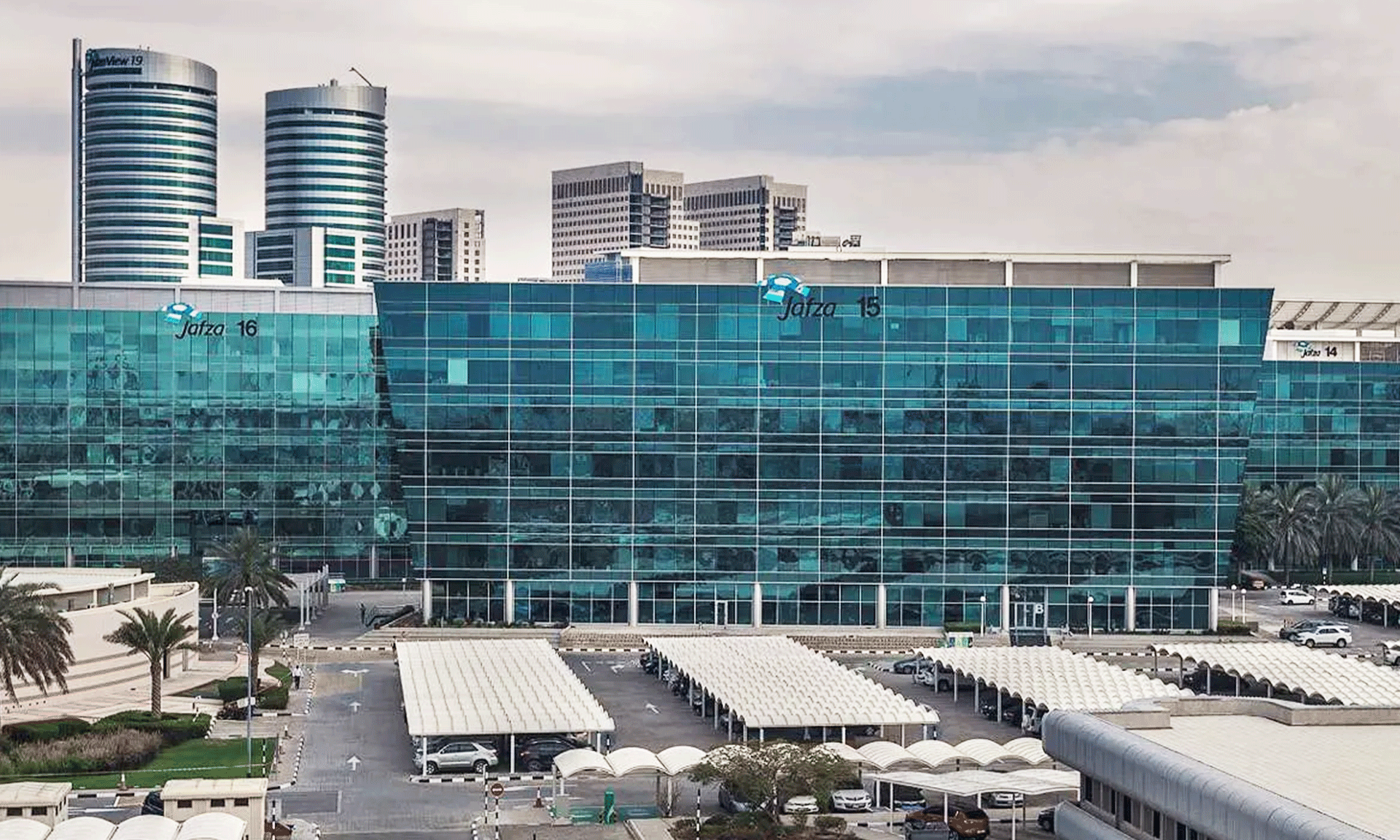The United Arab Emirates (UAE) is a favoured investment destination for foreign investors. This is primarily due to its advantageous geographical location, economic and political stability, forward-thinking business regulations, and rich talent pool.
Nevertheless, the Free Zones, dedicated areas for business activities with specialized corporate and tax rules, play a crucial role in making the UAE a thriving business hub. The Free Zones offer an unparalleled opportunity for foreign investors to set up their businesses in Dubai, an environment conducive to growth and development.
The Benefits and Challenges of Corporate Tax in UAE Free Zones
UAE’s Ministry of Finance announced a CT regime on Jan 31, 2022, but assured that current tax incentives for Free Zone entities would still be honoured. After that, on April 28, 2022, a Public Consultation Document was made available. As per guidelines the free zone entities will continue to enjoy the tax benefits if they don’t carry out business with mainland UAE and fulfill relevant regulatory requirements.
The Free Zone Advantage: How the Final CT Law Protects Your Rights
The UAE MoF released the final version of the CT law on December 9, 2022, which includes Free Zone persons as taxable individuals. Additionally, the beneficial tax regime only applies to qualifying Free Zone individuals earning qualifying income.”
Article 18 of the final law defines a qualifying Free Zone person as an entity located in the Free Zone that:
- Must have sufficient substance
- Must generate qualifying income as specified
- Must comply with transfer pricing regulations under the law
- Must not have chosen to be subjected to Corporate Tax (CT)
- Must fulfil any additional requirements as prescribed
A Free Zone person’s qualifying income is taxed at 0%, while any other income is 9%. However, Free Zone persons may need access to the AED 3,75,000 income threshold. If eligible, a qualifying Free Zone person can apply to be taxed at the same rates as other taxable individuals.
Top Priorities for Free Zone Individuals in the UAE
Staying informed and complying with relevant regulations is essential for smooth and confident business operations. Free Zone individuals in UAE should consider key considerations to comply with regulations specific to their status. This includes visa requirements, employment restrictions, tax obligations, business licensing, banking, customs, and import/export regulations.
Maximizing Tax Benefits: A Guide for Free Zone Individuals in the UAE
A person in the Free Zone has the choice to opt for being taxed according to the regular provisions.
To comply with the arm’s length principle and disclose transactions with related parties and connected persons, Free Zone individuals must maintain sufficient transfer pricing documentation.
Free Zone individuals cannot join tax groups or receive tax relief on intra-group transfers and restructuring. Moreover, it is not allowed to transfer tax loss to or from a Free Zone person.
Free Zone companies, particularly those that belong to large groups, must assess the advantages and disadvantages of waiving the exemption since it is a one-time opportunity.
As Free Zone Companies’ revenue is divided into Qualified Income and other income, they must allocate expenses appropriately based on their earnings.
In addition, the Ministry of Finance’s FAQs have clarified that Free Zone entities that are part of a multinational group and meet the eligibility criteria will likely be subject to a distinct CT rate after implementing the Pillar Two rules in the UAE CT regime.
Conclusion
By staying informed and complying with these requirements, Dubai Free Zone Companies can maximize their success and grow their businesses confidently. Overall, the Free Zone model has proven successful. Choosing Dubai as a location for your company is likely to continue to be a key factor in the region’s long-term economic development.
In observation company formation in Dubai, as the UAE CT law becomes effective for the financial year beginning on or after 1 June 2023, companies must adjust their financial systems to ensure compliance. The upcoming cabinet notification regarding qualifying income will be closely watched to see if it aligns with the Public Consultation Document or presents any surprises.














